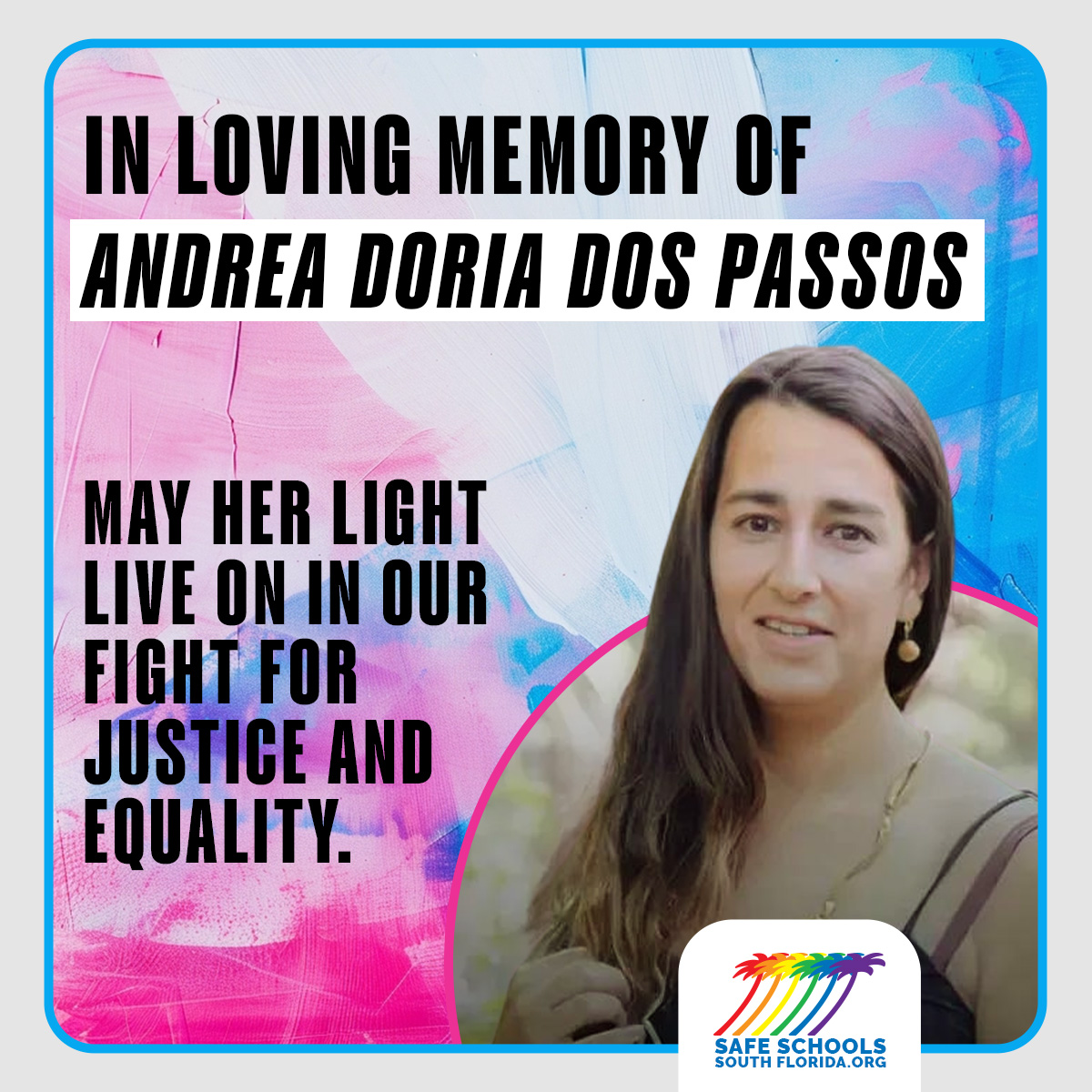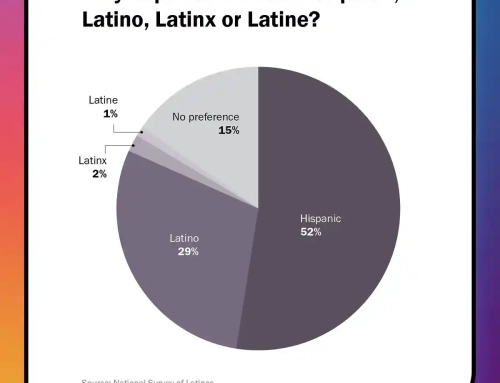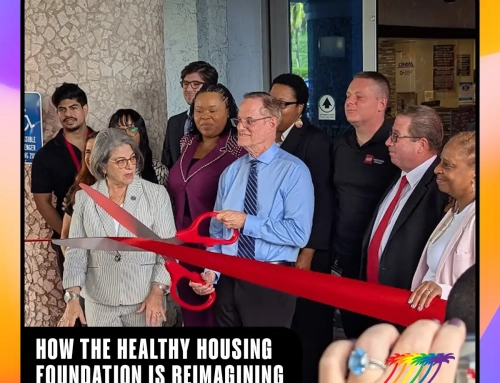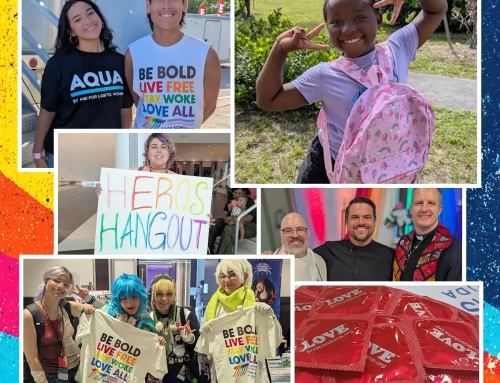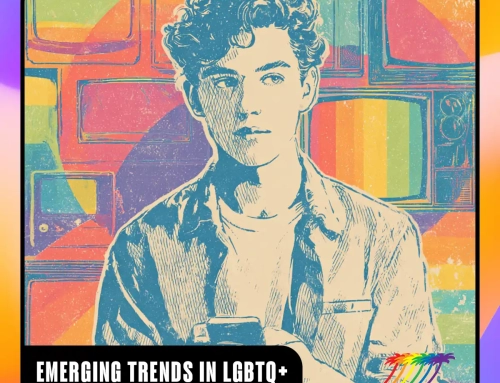A Wake-Up Call: The Tragic Death of Andrea Doria Dos Passos and the Urgent Need for Systemic Change
The early morning of April 23 marked another tragic moment in our ongoing struggle to uphold the dignity and safety of our most vulnerable populations. Andrea Doria Dos Passos, a 37-year-old transgender woman from Florida, was brutally murdered while she slept on the streets of Miami Beach. This devastating loss compels us to confront a critical and persistent failure within our society—the protection and care of unhoused individuals and marginalized communities.
Andrea’s life, like many others who find themselves without shelter, was marked not just by the harsh realities of homelessness but also by the complexities of navigating mental health challenges and societal neglect. Her death is a painful reminder of the vulnerabilities faced by the unhoused, particularly those who are also part of the LGBTQ+ community. On any given night, over 650,000 people in the U.S. are without a home, and among them, LGBTQ+ individuals are disproportionately affected. They are several times more likely to experience homelessness than the general population, a statistic that reflects deep systemic inequities and the urgent need for targeted support and policies.
The circumstances of Andrea’s death are harrowing. Reports indicate that she was attacked while asleep, an act of unimaginable cruelty that ended her life far too soon. The police have arrested and charged an individual in connection with her murder, yet this does little to address the broader systemic issues that contribute to such violence. While the investigation continues, the nature of this attack—described by advocacy groups as potentially hate-motivated—highlights the perilous intersection of transphobia and homelessness.
Our response to Andrea’s death must go beyond condemnation and calls for justice in a single criminal case. We must address the root causes that leave individuals like Andrea vulnerable. This includes improving safety measures and significantly enhancing mental health support, housing availability, and inclusivity in our societal structures. Resources for unhoused trans people are scarce, a reality that underlines the need for substantial and sustained investment.
The narrative surrounding Andrea’s life and death also brings into focus the broader political and social climate, which has seen a marked increase in hostility towards transgender individuals. This hostility translates into policies that undermine the safety and rights of trans people, heightening their risk of violence and discrimination. As community members and advocates, we must challenge and change these conditions.
In honoring Andrea’s memory, we must commit to a broader societal change. This includes advocating for policies that ensure better protection, support, and recognition of the humanity of all people, regardless of their housing status or gender identity. It means building a society where events like the tragic death of Andrea Doria Dos Passos are not just mourned but are also catalysts for real change.
Let us use this moment to reflect on our collective responsibility to protect the most vulnerable. Let’s commit to a future where everyone can live safely and with dignity. For Andrea and countless others like her, we must do better.
By: Rev. Harold Marrero
Chief Operating Officer
We encourage you to share this information with friends, fellow teachers, and allies and join us in bringing awareness to our efforts. Your support is essential for our ongoing work to create safe spaces for all students, regardless of ethnicity, gender, sexual orientation, or expression. Please consider donating to Safe Schools so that we can continue advocating for inclusivity and diversity within the education system.

